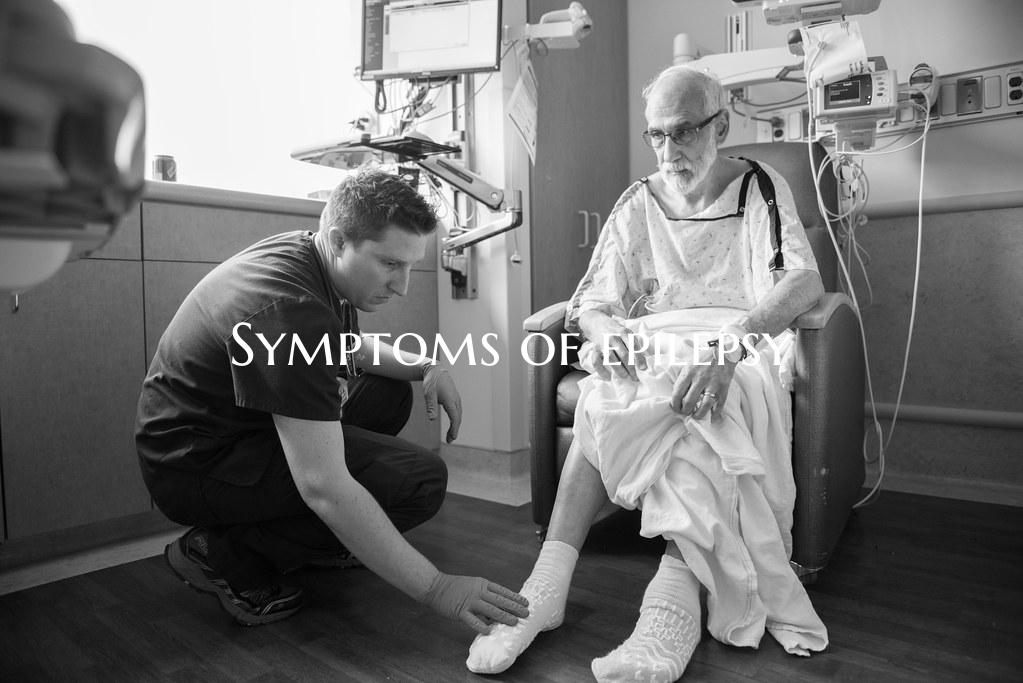
Symptoms of epilepsy
Epilepsy is a neurological disorder that affects the brain's electrical activity, leading to recurrent seizures. Recognizing the symptoms of epilepsy is crucial for early diagnosis and appropriate treatment. Here are common symptoms associated with epilepsy:
1. Seizures: The hallmark symptom of epilepsy is seizures. Seizure types can vary, including convulsions, staring spells, repetitive movements, and loss of consciousness.
2. Unusual Sensations: Some individuals with epilepsy may experience unusual sensations called auras before a seizure occurs. These can manifest as strange smells, tastes, sounds, or visual disturbances.
3. Muscle Rigidity or Jerking Movements: During a seizure, a person with epilepsy may exhibit muscle rigidity, followed by convulsive jerking movements. These movements can affect specific body parts or the entire body.
4. Loss of Awareness: Some seizures can cause a temporary loss of awareness or consciousness. The person may appear unresponsive or confused during this period.
5. Emotional Changes: Individuals with epilepsy may experience mood changes or emotions, such as fear, anxiety, or déjà vu, before or after a seizure.
6. Repetitive Movements: Certain types of seizures can cause repetitive movements, such as lip-smacking, chewing motions, or picking at clothes.
7. Loss of Bodily Functions: In some cases, seizures can lead to loss of bladder or bowel control.
It's important to note that not all seizures are related to epilepsy. Other conditions or triggers, such as high fever, head injuries, or certain medications, can also cause seizures. If you or someone you know experiences any of these symptoms, especially if they recur, seeking medical attention and consulting a healthcare provider for a proper evaluation and diagnosis is recommended.
Understanding the symptoms of epilepsy is crucial for effective management and treatment. With proper medical care, many individuals with epilepsy can lead full and active lives. If you suspect that you or a loved one may have epilepsy, don't hesitate to seek help and support from healthcare professionals.